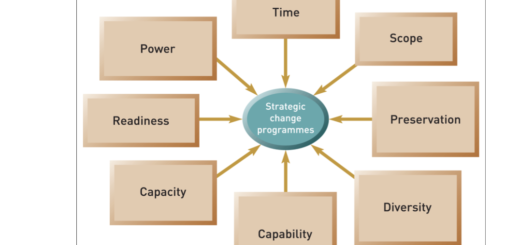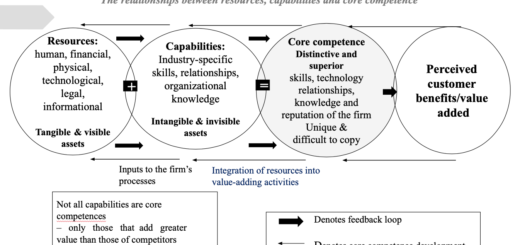Theory Z – William G. Ouchi
Theory Z is a management philosophy developed by William G. Ouchi, an American professor and organizational theorist. He introduced the concept in his 1981 book “Theory Z: How American Business Can Meet the Japanese Challenge.” Theory Z is an extension of McGregor’s Theory X and Theory Y, and it incorporates elements of Japanese management practices to create a unique approach that emphasizes long-term employee commitment and organizational stability.
Key aspects of Theory Z include:
- Long-term employment: Theory Z advocates for lifelong employment, offering job security and stability for employees. This approach is believed to foster loyalty and commitment, as employees feel more connected to the organization and its long-term success.
- Consensus decision-making: Under Theory Z, decisions are made through a collaborative process that involves all relevant parties. This approach encourages open communication, the exchange of ideas, and shared responsibility for decision outcomes.
- Slow evaluation and promotion: Theory Z emphasizes slow and steady career progression, with promotions based on long-term performance and potential rather than short-term achievements. This approach is thought to encourage employees to focus on long-term growth and development.
- Holistic concern for employees: Theory Z managers take a genuine interest in the well-being of their employees, both professionally and personally. They strive to create a supportive work environment that fosters trust, mutual respect, and a sense of belonging.
- Training and skill development: Under Theory Z, organizations invest heavily in employee training and development to ensure that workers have the skills needed to perform their jobs effectively and contribute to the organization’s success.
- Strong organizational culture: Theory Z emphasizes the importance of a strong organizational culture based on shared values, beliefs, and goals. This shared culture is believed to create a sense of unity and commitment among employees, ultimately leading to better organizational performance.
In essence, Theory Z combines the best aspects of Japanese and American management practices to create a management approach that promotes employee commitment, involvement, and long-term organizational success. Although it may not be universally applicable to all organizations, its principles can be adapted to suit different organizational contexts and cultures.



